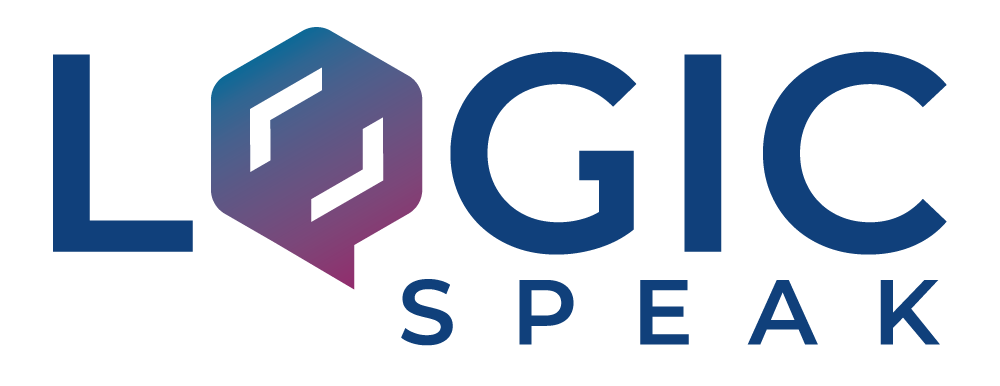4 Ways You Can Leverage Technology to Stay Ahead of Your Competition
The idea is that advances in computing power allow those with huge amounts of data to create advantages in the market. The good news – today, technology is more accessible to small businesses than you might think. Here are four tangible ways you can use new technologies to power your small business and stay ahead of the competition.
1. Automate office tasks
In a recent Bank of America study, small business owners said that the biggest roadblock to work-life balance was the administrative tasks involved in keeping their business afloat. Technology can take care of those repetitive, time-consuming and mundane administrative tasks, so your time can be spent on more strategic, entrepreneurial work. This can range from automating simple customer service inquiries to working on accounting tasks.
2. Make smarter business decisions
Entrepreneurs need to make a ton of difficult decisions, and quickly. Technology can be your unbiased advisor, methodically sorting through the data your business produces to surface deep insights. It can also expedite important business decisions, like deciding whether to enter a new market, adopt a new tool or technology, or automate your sales and marketing. As an example, PwC’s DeNovo tool, available to small businesses, evaluates the disruptive potential of a given financial technology and assesses whether and how a business can best leverage it.
3. Deliver personalized customer experiences
Machine learning, an advanced form of AI, uses algorithms to glean hidden insights from data without being explicitly programmed to do so. By learning from past experiences, it’s able to create more relevant and personalized experiences for customers (you can thank machine learning for all those useful Netflix and Amazon content recommendations). Personalized product experiences are hugely important for small businesses, as they’re known for their personal touch with customers, but in-house machine learning requires an immense amount of data that small businesses often lack. Fortunately, small businesses can now easily and affordably adopt machine learning technology leveraging third-party tools and open source software. One example of this is Acquisio, an AI-based marketing tool specifically built for small businesses that helps them optimize the online customer acquisition process.
4. Employ a virtual personal assistant
Virtual personal assistants can take care of everything from managing your calendar, sending reminders, and scheduling follow ups meetings on your behalf. If you use Apple’s Siri in your day-to-day life, you’re already familiar with the basics of this, but she’s hardly alone. A tool called x.ai provides a personal assistant for busy professionals that works by simply CCing an AI named “Amy” on your emails. These tools are particularly useful to solopreneurs or small business owners who lack the resources and aren’t quite ready to make hires, but who still need to optimize their time.
Stay Connected!
Get the latest IT trends and best practices in your inbox.
New technology can be messy. Let us shoulder this burden by guiding you as your technology partner.

